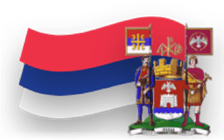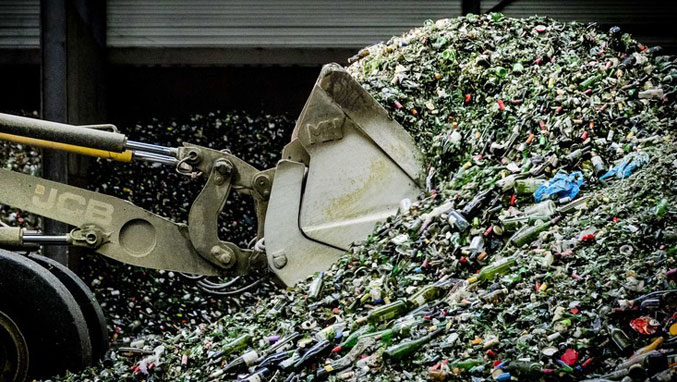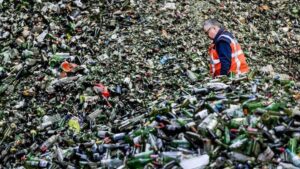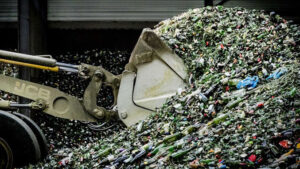The amount of recycled glass packaging in the Western Balkans is still far from the level prescribed by the European Union. Namely, while the EU members annually recycle 70 percent of glass packaging, Serbia recycles only 48 percent. The reasons are ignorance of the benefits of recycling, insufficient number of containers for disposal of glass packaging, and especially the fact that there are no recycling plants in Serbia and the region, and glass packaging must be exported. This is a large additional cost for packaging waste operators and, therefore, an unprofitable recycling system. Thus, most of the used glass packaging ends up in landfills or illegal dumping, where glass takes more than 5,000 years to disintegrate.
In order to enable the economic effects of glass recycling, it is necessary to significantly increase the quantities of collected glass packaging. That is why the German Organization for International Cooperation (GIZ), in cooperation with packaging waste operators – companies Sekopak, Pakomak and Ekopak, launched a regional project titled “Glass Packaging Management in the Western Balkans”, which is implemented in Serbia, Northern Macedonia and Bosnia and Herzegovina, with NALED as an implementation partner.
“With the objective to increase the number of collected and recycled glass packaging by 20% in selected municipalities in Serbia – Niš and Sombor, as well as in the municipalities of the other two countries, the project will provide containers for glass recycling. Monitoring the collection of glass packaging will include the city center, surrounding villages and catering facilities, and the project will be accompanied by an educational campaign intended for all citizens and institutions. At the end of the project, a Guide will be developed containing all the data on the achieved results, as a base for the municipalities where the project was not implemented to be able to establish an efficient and cost effective glass packaging management system “, explains Violeta Belanović Kokir, Managing Director of Sekopak .
Recycling one ton of glass saves about 40 percent of the energy and 50 percent of water needed to produce new glass packaging, while air pollution is reduced by about 20 percent. For example, recycling a glass bottle saves enough energy for 25 minutes of computer operation.
In order to implement all these benefits of glass packaging recycling in practice, NALED and its project partners will analyze the current situation regarding responsible glass recycling, and then identify shortcomings that need to be addressed, in cooperation with local decision makers in selected pilot municipalities. In this way, all involved in the project will work to lay the foundations for a cost-effective glass recycling value chain in the Western Balkans, as a crucial step for a profitable circular economy in the region.
The project is implemented within the program of development cooperation with the private sector – develoPPP.de funded by the German Federal Ministry for Economic Cooperation and Development.
SOURCE: „POLITIKA“







